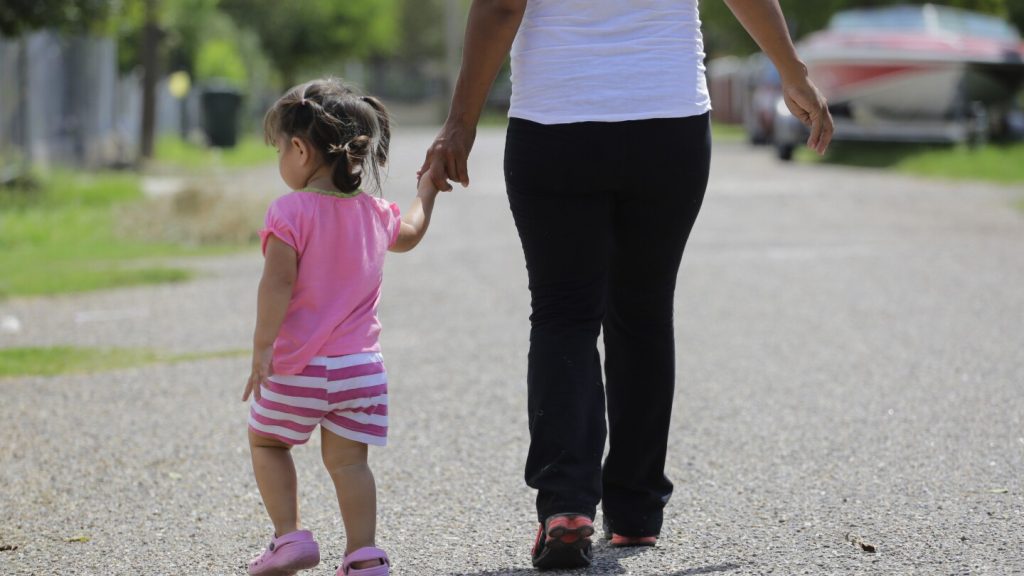Trump Administration Appeals Maryland Judge’s Ruling on Birthright Citizenship
President Donald Trump’s administration is not backing down in its efforts to end birthright citizenship for children born to parents who are not legally in the country. On Tuesday, the administration filed an appeal with the 4th Circuit Court of Appeals, challenging a Maryland federal judge’s ruling that blocked Trump’s executive order. This marks the second appeal the administration has pursued since the order was initially halted by the courts. The filing comes in response to U.S. District Judge Deborah Boardman’s decision last week to grant a preliminary injunction in a case brought by immigrant rights groups and expectant mothers in Maryland. Boardman emphasized that her court would not be the first to endorse the president’s order, describing citizenship as a "precious right" guaranteed by the 14th Amendment to the Constitution. The administration’s ongoing legal battle over birthright citizenship reflects its broader strategy to restrict immigration and reshape the legal framework surrounding citizenship.
Multiple Legal Challenges Across the Country
The appeal in Maryland is just one front in a multifaceted legal war. At least nine lawsuits have been filed nationwide challenging Trump’s executive order, including a suit brought by 22 states. On Monday, another federal judge in New Hampshire issued a preliminary injunction from the bench, stating that he was not convinced by the administration’s arguments. This injunction applies to the plaintiffs, which include immigrant rights groups with pregnant members, and others within the court’s jurisdiction. The order is also under a similar legal challenge in Seattle, where a federal judge recently ordered a block. The administration has already appealed this decision as well, intensifying the legal scrutiny of its immigration policies. These lawsuits highlight the significant opposition to Trump’s order and the widespread belief among legal experts that it contradicts established constitutional principles.
Constitutional Foundations of Birthright Citizenship
The core of these legal battles hinges on the interpretation of the 14th Amendment to the U.S. Constitution, ratified in 1868 in the aftermath of the Civil War and the Dred Scott Supreme Court decision. The Dred Scott decision of 1857 was a notorious ruling that denied citizenship to Dred Scott, an enslaved man, even though he had lived in a state where slavery was outlawed. This decision was a catalyst for the Civil War and led to the drafting of the 14th Amendment, which explicitly states, “all persons born or naturalized in the United States and subject to the jurisdiction thereof, are citizens of the United States and of the State wherein they reside.” The amendment was designed to ensure that citizenship was a fundamental right, extending not just to African Americans but to all individuals born on U.S. soil, regardless of their parents’ status. This constitutional guarantee has been a cornerstone of American law and society for over 150 years.
Legal and Historical Precedents
Despite the clear language of the 14th Amendment, the Trump administration has argued that noncitizens are not "subject to the jurisdiction" of the United States and, therefore, their children born in the U.S. should not automatically receive citizenship. This argument, however, has been met with significant legal resistance and historical context. In 1898, the Supreme Court case United States v. Wong Kim Ark settled this issue. Wong Kim Ark, born in San Francisco to Chinese immigrant parents, was denied re-entry to the U.S. after a trip abroad. The Supreme Court ruled in his favor, stating that his birth on U.S. soil made him a U.S. citizen, irrespective of his parents’ status. The court further clarified that the only exceptions to automatic citizenship upon birth in the U.S. were children born to foreign diplomats, enemies occupying the country, those born on foreign ships, and members of sovereign Native American tribes. This precedent has been consistently upheld and reinforces the legal and historical foundation of birthright citizenship.
Global Context of Birthright Citizenship
The U.S. is not alone in recognizing birthright citizenship, known as the principle of jus soli or "right of the soil." Approximately 30 countries, predominantly in the Americas, including Canada and Mexico, have similar policies. These countries believe that anyone born within their borders should automatically be granted citizenship, emphasizing the principle of belonging and integration. The U.S. has long been a beacon of hope for immigrants, and birthright citizenship has played a crucial role in fostering diversity and inclusion. The administration’s push to end this practice not only challenges a long-standing legal tradition but also risks alienating immigrant communities who see this right as a fundamental aspect of American identity.
Ongoing Legal and Political Implications
As the administration continues to appeal these decisions, the legal and political implications of the birthright citizenship debate remain profound. If the 4th Circuit Court of Appeals or the Supreme Court eventually sides with the administration, it could mark a significant shift in U.S. immigration policy and constitutional interpretation. Such a change would affect hundreds of thousands of children born to undocumented immigrants each year, potentially leaving them stateless and vulnerable. On the other hand, if the courts uphold the current interpretation of the 14th Amendment, it would reinforce the principle of birthright citizenship and maintain the status quo. The outcome of these legal battles will undoubtedly have far-reaching consequences for both the legal landscape and the social fabric of the United States. The continued appeal in Maryland underscores the administration’s determination to challenge this fundamental right, but it also highlights the robust and enduring nature of the constitutional principles that protect it.












